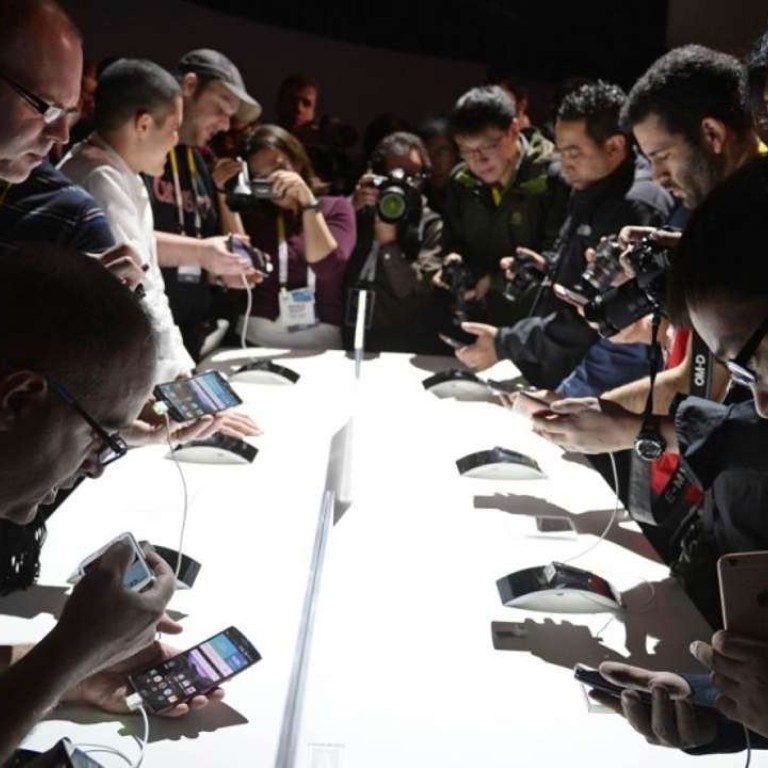
US tech firm Brocade sees advent of 5G and IoT as plum chance to disrupt market for mobile comms
Storage networking equipment maker Brocade Communications Systems plans to disrupt the mobile communications market as new 5G mobile technology throws up opportunities to connect the growing number of Internet of Things devices.
Adam Judd, the company’s vice president for Asia-Pacific and Japan, said Brocade’s cheaper virtual infrastructure will allow it to compete with traditional service providers when 5G standards are finalised in 2018 and introduced in 2020.
Boom in Internet of Things devices draws more hardware start-ups to Hong Kong as connected gadgets take off
“What’s interesting for 5G, for me, is the services it’s going to deliver. Internet of Things and machine-to-machine are two of the most interesting things we’re going to see here in Asia-Pacific,” Judd said.
“Everything and anything is going to have a sensor, and that sensor is going to have to have an IP address that’s going to provide information back to an infrastructure that’s going to store data inside a data centre.”
Brocade holds 75 per cent of the global fibre channel storage market and is the No 2 vendor in data-centre networking in terms of market share. It has also branched out into IP storage and mobile, Judd said.
The company has a series of government contracts in Hong Kong but said the city is falling behind its Asian neighbours in terms of investment in IT.
“Hong Kong is a little bit behind … that’s why in our industry we are urging the government to spend more, especially in IT. When you look at the [Wi-fi] hotspots, Hong Kong is behind Taiwan and Singapore,” said Larry Tam, managing director of Hong Kong and Macau for Brocade.
Smart city: riding IoT boom, Ingdan.com sets up US$50 million fund for start-ups in Hong Kong to boost hardware ecosystem
The Internet of Things, which encompasses smart devices from fitness trackers to sensors to ways of monitoring traffic flows, is a growing area with the number of connected devices expected to reach 30 billion by 2020.
The global market for IoT is predicted to hit US$1.7 trillion in 2020, up from US$665.8 billion in 2014, with devices taking 31.8 per cent of this total, according to International Data Corporation.
Each of these devices will need to be connected to a data centre, often through mobile networks, giving companies like Brocade a chance to build a new market.
Judd said Brocade entered the mobile market after acquiring start-up Connectem, adding that the introduction of 5G will allow the company to compete using its virtual infrastructure or specially designed software on a server-based architecture.
While it would not be financially viable to compete for current 4G services, Judd said Brocade is able to use Connectem’s expertise in virtual evolved packet core technology to get ahead of traditional providers to develop software on Intel infrastructure.
Brocade has government contracts in Hong Kong, as well as deals with television broadcaster TVB.
Divide and conquer: Xiaomi launches Mi Ecosystem as sub-brand for its smart home products made by start-ups
Judd said the move towards network function virtualisation, or decoupling network functions from hardware devices such as routers and firewalls to be moved to dedicated software on servers, had lowered costs and improved services for customers.
The company now works with Intel to write software for its x86 server which can provide virtual routing, virtual load balancing and virtual switches for one tenth of the price of the traditional technology.

